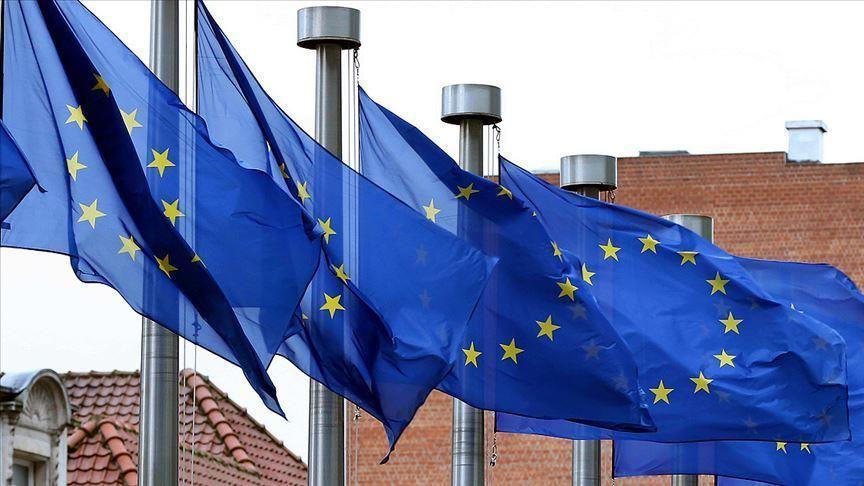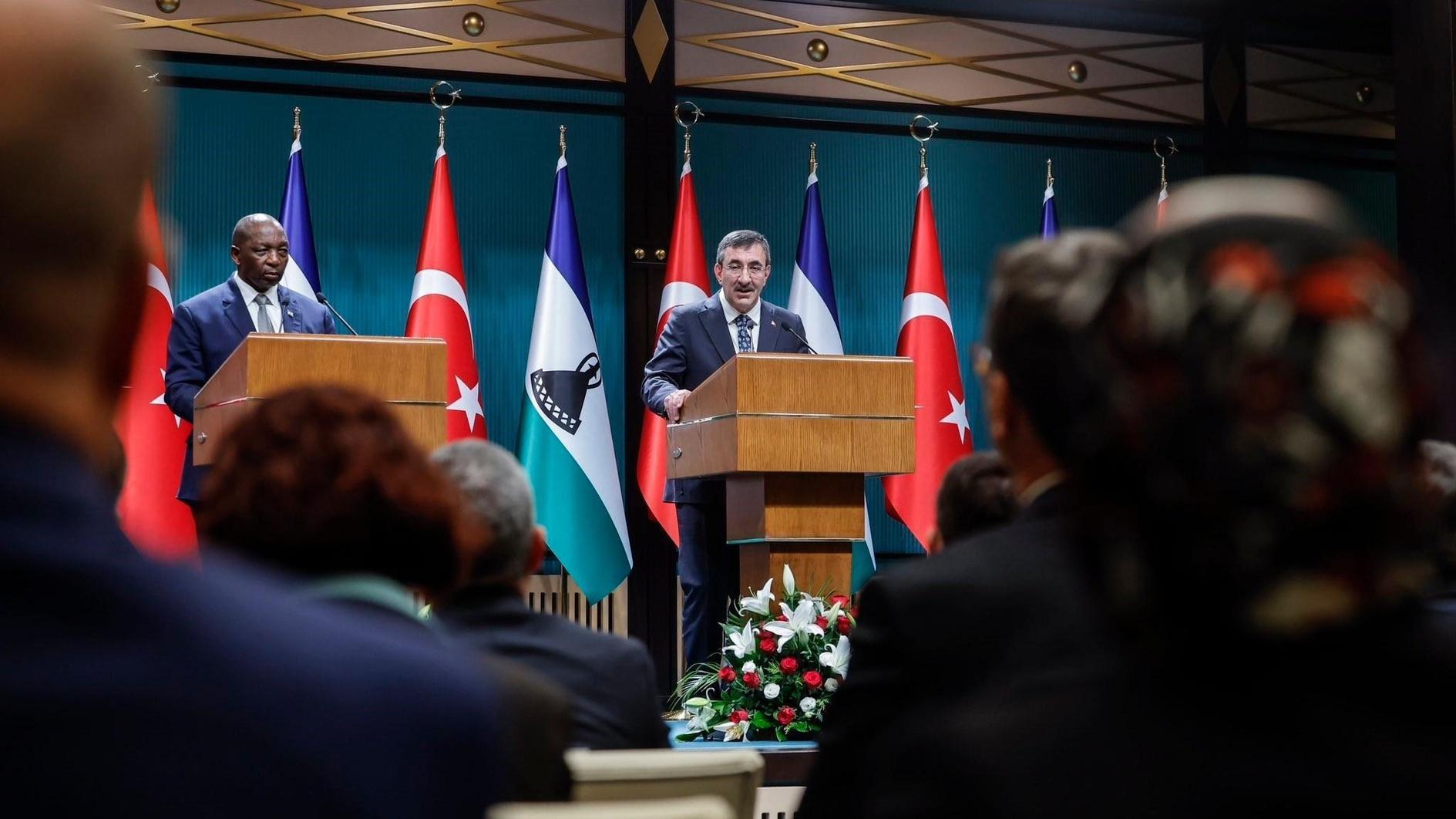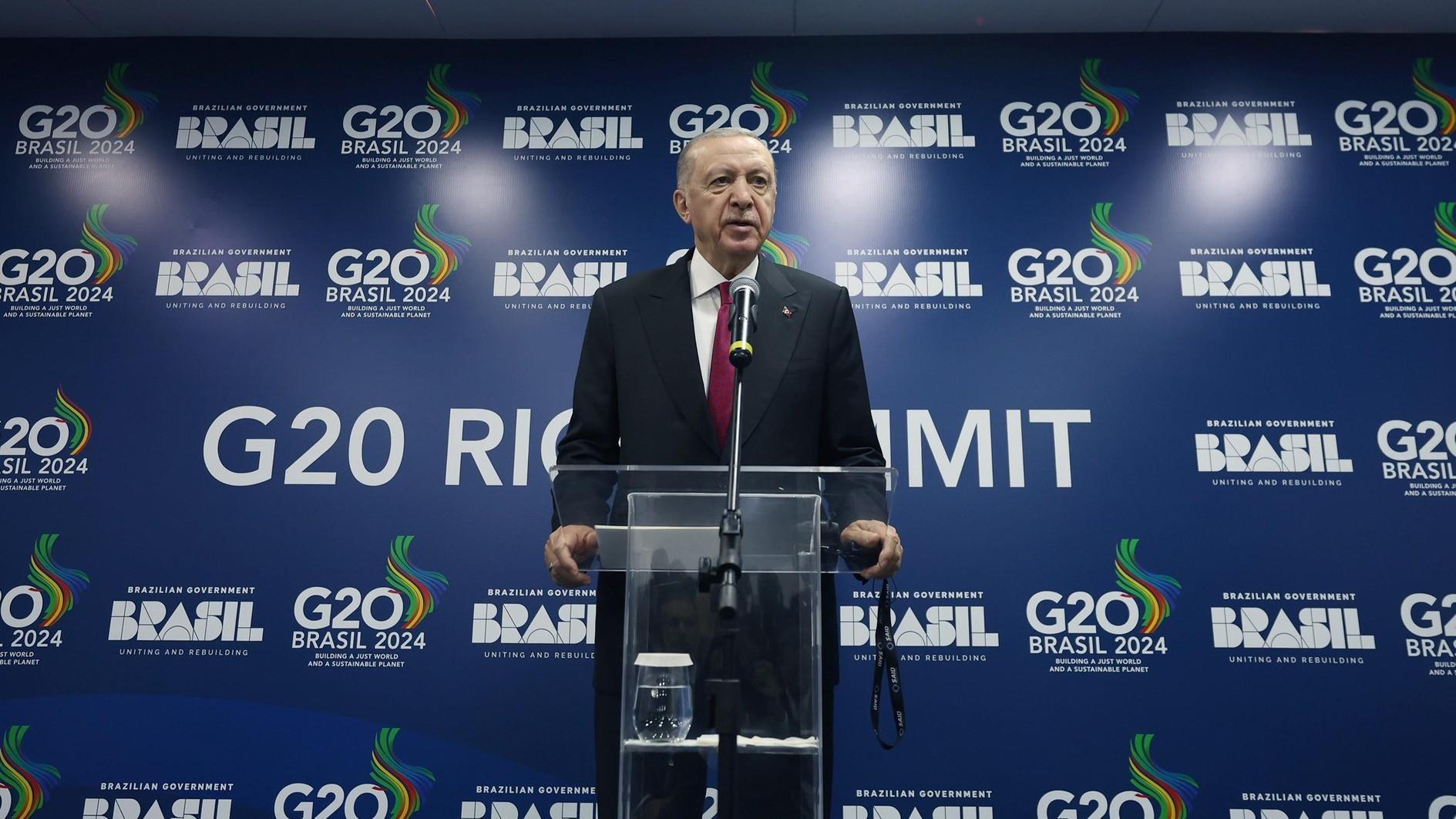Turks in Europe cast votes in polarized European Parliament election
ANKARA

Europeans started voting on May 23 for four days of elections at the European Parliament (EP) that will influence Brussels’ policies for the next five years. There are also candidates of Turkish descent in these election lists who are likely to be elected.
More than 427 million people are eligible to elect 751 European Parliament members, with the first results expected late Sunday once voting in the 28 member states is over.
In this year’s elections, a Turkish Cypriot candidate is set for the first time to run for a seat in the EP. Niyazi Kızılyürek, a prominent Turkish Cypriot academic and writer, is being fielded by Akel, the main opposition leftist party in the Greek-controlled south.
Forty parties go for elections in Germany, which will have the largest number of parliamentarians seated at the EP. These parties include lists of candidates of Turkish descent and have at least three hopefuls seen as certain to be elected.
İsmail Ertuğ is a candidate of Germany’s Social Democratic Party (SPD), while Özlem Alev Demirel and Murat Yılmaz are from the Left Party (Die Linke) and Engin Eroğlu from the Free Voters lists.
In the Netherlands, a total of 308 candidates from 16 parties are competing for 26 seats. Six of them are candidates of Turkish origin such as DENK Party members Ayhan Tonca and Şerif Uysal.
In Britain, Neva Sadıkoğlu-Nováky runs from ruling Conservative Party.
Nearly 5 million Turks are living in Europe, according to figures provided by the Foreign Ministry in 2018.
There are about 1.5 million Turkish voters in Germany, with the highest Turkish representation in Europe. Belgium and the Netherlands are also main centers of the Turkish population in Europe.
Votes cast amid polarization
The Brexit crisis mirrored deep divisions across the continent, where rising nativist, anti-establishment forces are bidding to make significant gains in the elections.
Dutch pro-EU parties headed for a surprise win on May 23 in European Parliament elections, defying a predicted surge for populist forces as voters in Brexit-bound Britain and the Netherlands kicked off 28-nation polls.
With British Prime Minister Theresa May having resigned after postponing her forlorn bid to push her divorce deal through parliament, Eurosceptics across the continent had hoped for major gains in the four-day EU-wide elections.
Around the continent, where most EU member states vote on Sunday, pro-European leaders are scrambling to mobilize their supporters to resist the populist surge, with opinion polls showing nationalist parties in the lead in France, Italy and Hungary, among others.
The polls opened on Friday in the Czech Republic and Ireland, and on Saturday in Latvia, Malta and Slovakia. But most countries will be voting on Sunday, with the results expected overnight into Monday.
European participation steadily declined since the first vote in 1979, when it reached 62 percent. The lowest participation rates were shown by the Slovaks at 13.1 percent, Czechs at 18.2 percent and Poles with 23.8 percent.
The distribution of seats is proportional to population: Germany will have 96 MEPs, France 74, Italy and Britain 73, while Malta, Cyprus and Luxembourg will have only six.
















